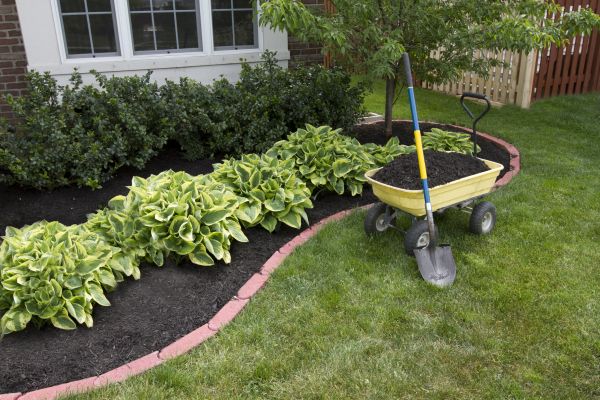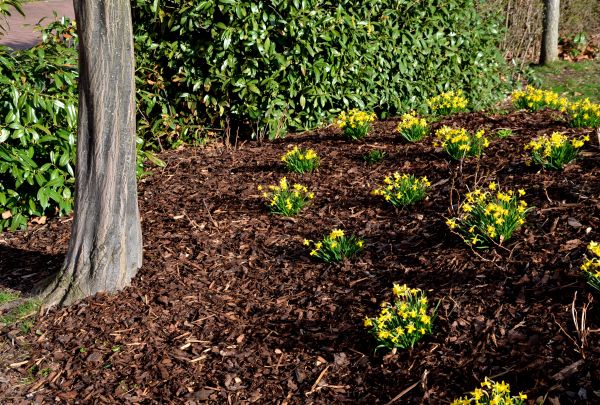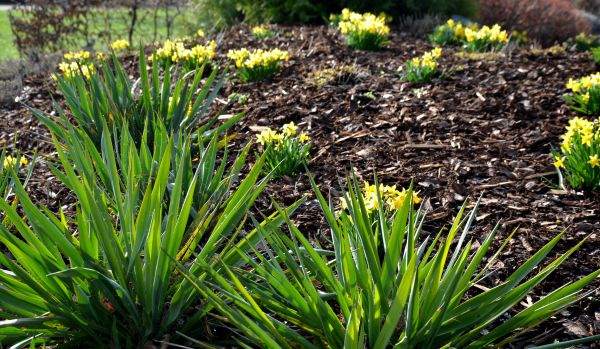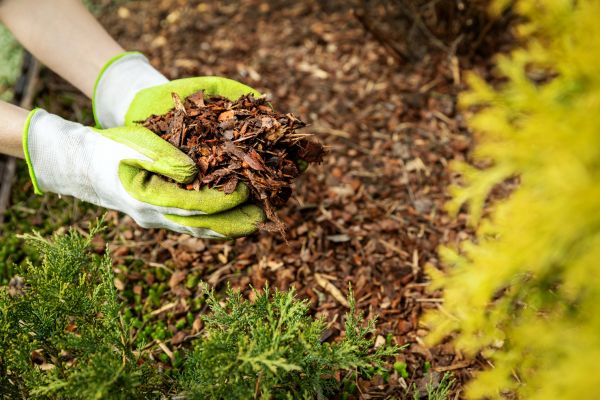Mulch Landscaping Service
Affordable Mulch Landscaping
Mulch landscaping is a crucial element in maintaining a healthy and aesthetically pleasing garden. It involves the strategic use of organic or inorganic materials to cover the soil surface around plants. This practice not only enhances the visual appeal of a landscape but also plays a significant role in promoting plant health, conserving moisture, and suppressing weed growth. By implementing mulch landscaping, homeowners can create a sustainable environment that supports plant growth while reducing the need for excessive maintenance and water consumption.
Benefits of Mulch Landscaping
-
Moisture Retention
Mulch acts as a protective barrier over the soil, reducing evaporation and retaining moisture. This is particularly beneficial in hot climates or during dry spells, as it helps keep plants hydrated without the need for frequent watering. -
Weed Suppression
A layer of mulch blocks sunlight from reaching the soil, which inhibits the growth of weeds. This reduces the competition for nutrients between weeds and desired plants, allowing the latter to thrive with less interference. -
Temperature Regulation
Mulch helps in moderating soil temperatures by keeping it cooler in the summer and warmer in the winter. This creates a more stable environment for plant roots, promoting healthier growth and reducing stress on plants. -
Soil Improvement
Organic mulches, such as wood chips or bark, break down over time and add valuable nutrients to the soil. This natural process improves soil structure and fertility, enhancing the overall health of the garden. -
Erosion Control
Mulch helps prevent soil erosion by reducing the impact of rain and wind on the soil surface. This is particularly important on slopes or in areas prone to heavy rainfall, where soil stability is a concern.
FAQs About Mulch Landscaping
What types of mulch are best for my garden?
The best type of mulch depends on your specific needs and preferences. Organic options like wood chips, bark, and straw enrich the soil as they decompose. Inorganic choices, such as gravel and rubber, are long-lasting and require less frequent replacement.
How often should mulch be replaced?
Organic mulch should be replenished once or twice a year, depending on how quickly it decomposes. Inorganic mulch lasts longer but should be checked regularly for signs of wear or displacement.
Can mulch attract pests to my garden?
While mulch can attract some insects, it generally does not lead to pest infestations. Using the right type of mulch and maintaining proper garden hygiene can mitigate any potential issues.
Is there a specific time of year to apply mulch?
Mulch can be applied at any time, but it is often best to do so in the spring or fall. These seasons allow mulch to provide optimal benefits, such as protecting plants from temperature extremes and conserving moisture.
Fill out the contact form today to request professional Mulch Landscaping services and enjoy the benefits of a beautiful, healthy garden without the hassle.




